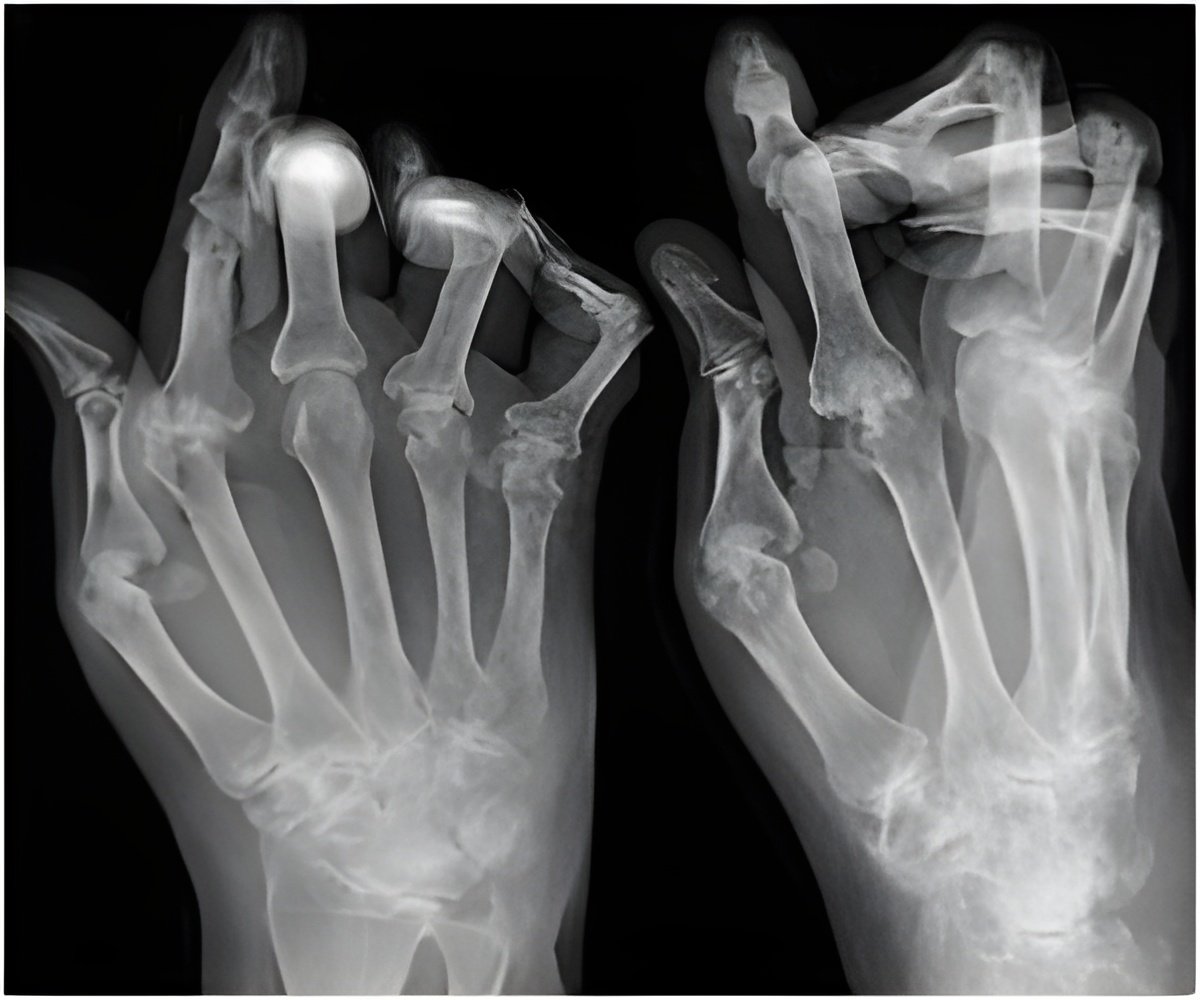
"By predicting disease progression in these young children we can better understand the course of the disease and how best to treat the individual," said lead author of the study Professor James Jarvis, from the Department of Paediatrics, University at Buffalo, Buffalo, New York.
Blood gene expression profiling has led to major advances in the field of rheumatology over the last decade but to date it has only been possible to predict therapeutic outcome at 6 months.
"The challenge was to test the feasibility of using these prognostic biomarkers from whole blood gene expression profiles in children with newly diagnosed JIA to predict disease status at one year," explained Professor Jarvis. "Baseline expression profiles that could predict disease status at six months could not predict status at 12 months. However, using four month data (the earliest point at which samples were collected from children on treatment) we were able to determine strong predictive properties for disease status at 12 months. Thus, after children had initiated therapy longer term outcome was predictable," Professor Jarvis said.
In this study, researchers also discovered the appearance of different mechanisms of response in Rheumatoid Factor (RF) positive† and RF negative patients after four months of therapy, a finding that could explain the relative refractoriness of RF positive patients to otherwise effective therapies.
Whole blood expression profiles were studied from children enrolled in the TREAT study, an NIH‡-funded clinical trial comparing methotrexate (MTX) with MTX + etanercept in children with newly-diagnosed JIA. Gene expression profiles were examined to determine those genes whose expression levels best predicted outcome (active vs. inactive disease) at 12 months.
Advertisement
Advertisement













